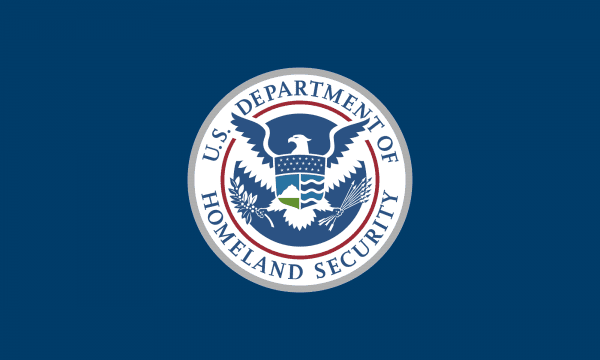
Retiring Sen. Tom Coburn Takes Aim at DHS Waste in Final Report
Taxpayers Protection Alliance
January 5, 2015

A new session of Congress begins this week, and the new Senate will look different in more ways than the obvious one of Republicans taking control. One significant change will be the absence of now former Sen. Tom. Coburn (R- Okla.). Sen. Coburn’s legacy will be that he exposed government waste wherever it was.
The annual ‘Wastebook’ released by Sen. Coburn’s office highlighted billions in government waste across a wide array of federal agencies, leaving no department untouched. Though the ‘Wastebook’ has seen it’s last release from Sen. Coburn’s office, the Senator made sure to leave Capitol Hill delivering one last shot at bloated government with a detailed report on the Department of Homeland Security (DHS). In short, the report stated that, “Homeland Security is not successfully executing any of its five main missions.”
The idea to form DHS started from a proposal from the U.S. Commission on National Security/21st Century in January 2001. The idea was fast-tracked in the aftermath of the September 11th terrorist attacks. Many questioned the need for a new agency, but the agency was established in November of 2002.
Unfortunately, after more than a decade of operations and oversight on the agency, it seems there are lingering problems with how the department prioritizes and how they spend money. Sen. Coburn urged DHS and Secretary Jeh Johnson to cooperate with Congress to get the needed reforms done:
“One of the biggest challenges that Sec. Johnson and DHS face is Congress and its dysfunctional approach to setting priorities for the Department. Congress needs to work with the Department to refocus its missions on national priorities and give Secretary Johnson the authority to lead and fix the Department.”
Taxpayers should be particularly concerned with these key findings from the report:
- DHS spent $50 billion over the past eleven years on counterterrorism programs but cannot demonstrate if the nation is more secure as a result.
- DHS has spent $170 billion for natural disasters since 2002, in part because of an increased federal role in which the costs of small storms are declared “major disasters.”
- DHS spends more than $700 million annually to lead the federal government’s efforts on cybersecurity, but struggles to protect itself and cannot protect federal and civilian networks from the most serious cyber attacks.
The question of oversight has been a difficult one for DHS because of the many committees who have jurisdiction over the agency. With more than 90 committees and subcommittees, the jurisdictional reach for oversight on DHS is more than that of even the Pentagon. The complications in oversight go as far back to the beginnings of the agency:
The dispute dates to 2002, when the department was formed by mashing 22 autonomous federal agencies into one. Those agencies had reported to various congressional committees, and those committees have been unwilling to give up their roles overseeing DHS’s components.
Congressional oversight hasn’t been the only problem at DHS, there’s also been an issue with the internal oversight at the department. Last April, Carol D. Leonnig of The Washington Post reported on some troubling information about the agency’s inspector general (IG):
The top watchdog for the Department of Homeland Security altered and delayed investigations at the request of senior administration officials, compromising his independent role as an inspector general, according to a new report from a Senate oversight panel.
Despite the problems with prioritizing, spending, and oversight, Sen. Coburn is hopeful that DHS can work with Congress to address the problems highlighted in his final report and believes that reforms can be realized quickly if politicians and agency officials work together. TPA is saddened to see Sen. Coburn retire, but this final report from his office is truly a testament to his reputation for fighting government waste.
